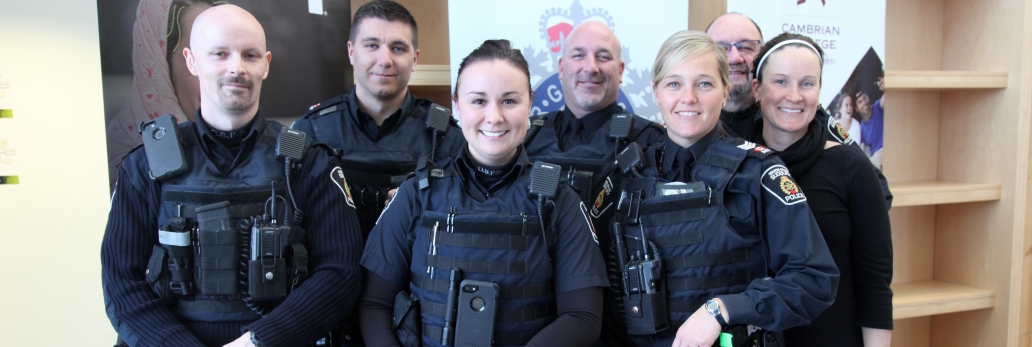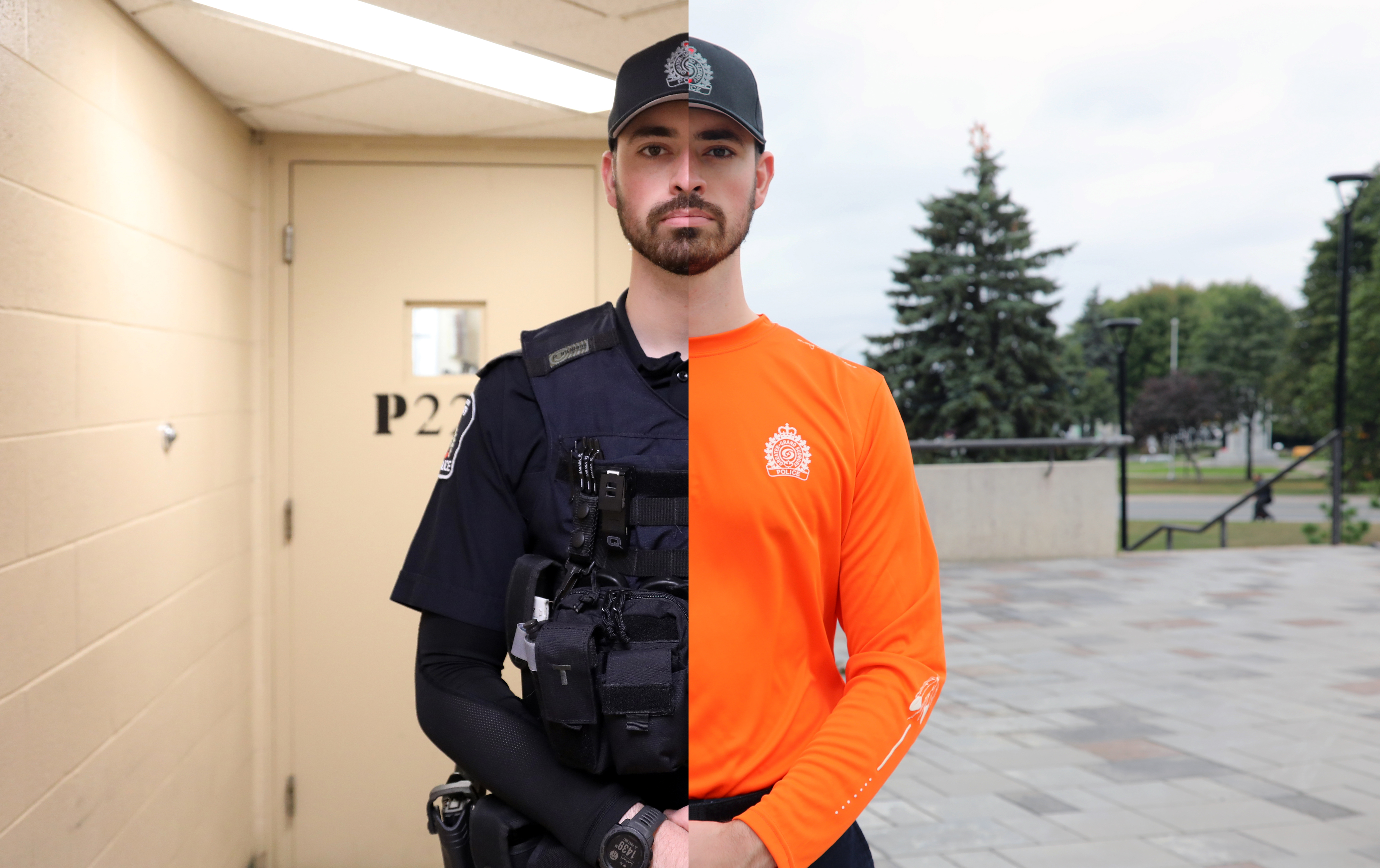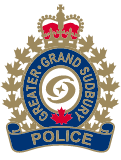
We are humbled to announce our first annual Truth and Reconciliation Relay. From September 1st to September 30th, GSPS members will be logging their daily kilometres completed during work outs, walks, runs, etc. with a goal of completing one kilometre per child that never returned home from Canadian residential schools. This number is estimated to be 10,000 children (however we acknowledge that the true number may never be known as the search for unmarked graves is still ongoing).
We are running for all the child victims of Canadian Residential schools who endured unimaginable trauma; and for all the families whose lives were forever changed as they watched their children being taken away. Since the onset of colonization and through decades of intergenerational trauma, we acknowledge the role that Police played in systemic racism and we know that there is much work to be done in order to repair and heal the relationship between Police and the Indigenous community.
Each GSPS member participating in the Relay for Reconciliation will complete a 1-hour CPKN course entitled “Reflection on Truth and Reconciliation”, where they will learn about the Calls to Action brought forward by the Truth and Reconciliation Commission of Canada.
This challenge will end on September 30th, 2022, the National Truth and Reconciliation Day (aka Orange Shirt Day).
We’d like to introduce you to some of our Members who are participating in the Relay. Meet Cst. Kevin Powell: 
Q. Why did you volunteer to participate in the Truth & Reconciliation Relay?
A. I chose to participate in this initiative as I recognized the importance of learning about Indigenous peoples’ history. I wished to acknowledge our historical wrongdoings and better educate myself on this topic while continuing to contribute to reconciliation efforts.
Q. What Call to Action did you choose, and why?
A. The Call to Action I have chosen is #66. It reads:
“We call upon the federal government to establish multi-year funding for community-based youth organizations to deliver programs on reconciliation, and establish a national network to share information and best practices.”
This Call to Action speaks to me as I have been directly involved in youth programs with GSPS for several years. I have continually witnessed the positive effects of these programs and truly believe Indigenous youth could benefit from participating in reconciliation-focused programming.
Q. What does Reconciliation mean to you?
A. For me, reconciliation begins with recognition. We must first recognize a fault or a conflict and take ownership of our mistake. We must then acknowledge how such an action may affect others. Finally, while making efforts to rectify the problem, we must collaborate with open minds to reach a positive or improved outcome.
Q. How do you hope to contribute to positive change?
A. As a front line police officer, I wish to contribute to positive change by being mindful of Indigenous history and using a trauma-conscious approach during interactions with Indigenous peoples and communities.
 I Want To
I Want To





 Subscribe to this page
Subscribe to this page